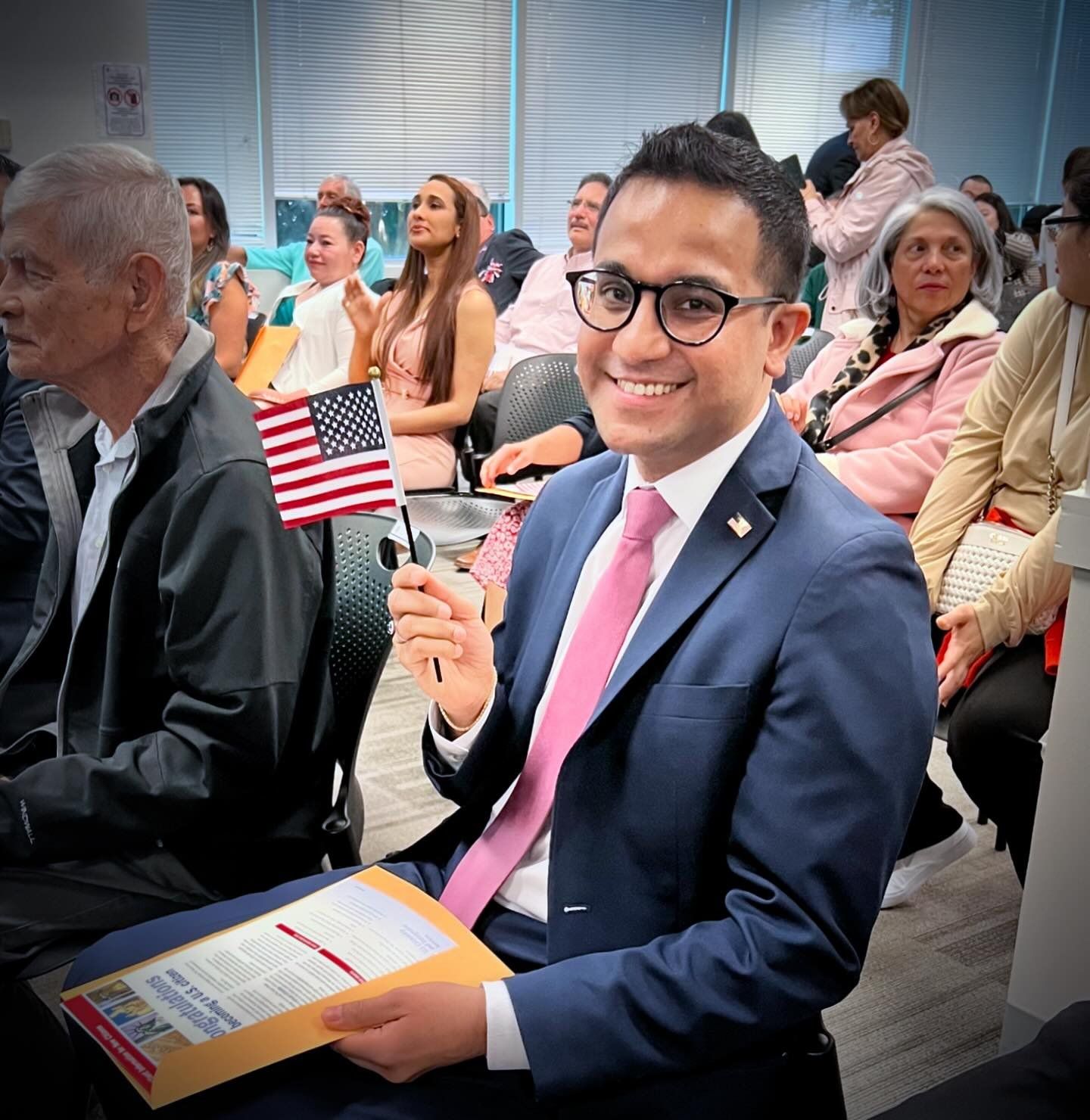
Making Your Vote Count: A Primer for Desi Newbies
All That You Wanted to Know About the Elections – but Were Afraid to Ask
[dropcap]W[/dropcap]hat’s at the heart of your vote? Just three words:
‘A Better World.’
You vote for the issues which will make America the country you pined for, forsaking all that was known and familiar, as you embarked in search of a dream. Voting is your power to ensure that America continues to move in the right direction and be the country that first drew you to its orbit.
Having come from many different countries – India, Pakistan, Bangladesh, Sri Lanka, Bhutan, and Nepal – the American system is an intimidating enigma to new voters, a puzzle with several pieces missing. They just about manage to go into the voting booth and cast their vote for the party or candidates many in their community follow – and hope for the best.
Many new immigrants are elated to become citizens for it gives them prestige and clout to be citizens of the most powerful country on the planet, with many material benefits like chances to make their financial future and a life full of possibilities for their family. Yet many don’t realize that some of the biggest benefits are invisible and immeasurable.
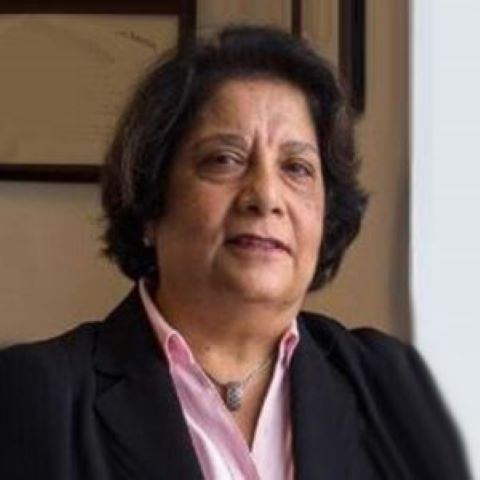
[dropcap]S[/dropcap]uneeta Dewan, founder of Dewan Associates, is an immigration lawyer with offices in Manhattan and clients internationally. She has initiated many new immigrants to American citizenship and is herself a veteran voter, having been in this country for decades. Dewan noted how the attitude toward voting changes depending on how long an immigrant has been in the US. “Initially, they’re all on non-immigrant work visas or green cards so they’re not citizens yet and they can’t vote. They’re really apolitical, busy making ends meet, enhancing their careers and qualifications in order to move up economically.”
As they climb up the socio-economic ladder, she believes they have lived here long enough to get their bearings on elections. The ones who are college educated have generally read up and are well aware of the issues on the ballot and how these will affect their lives and the lives of their neighbors.

[dropcap]S[/dropcap]ayu Bhojwani, who came into this country as an 18-year-old student, knows the power of the vote and how immigrants, especially women, can bring about change through their advocacy. She had started out fearful and uncertain. She came as any other immigrant, not knowing enough about how to vote but went on to become the City’s first Commissioner of Immigrant Affairs, founded advocacy groups South Asian Youth Action (SAYA) and New American Leaders, and is currently a Leader in Residence at the Moynihan Center at the City University of New York.
She says: “What I learned is that when people like me, who understood that fear, who had learned a new language, who had navigated new systems, when people like us were sitting at the table, we advocated for our communities’ needs in a way that no one else could or would.”
Bhojwani cautioned new voters, who tend to favor any candidates with origins in their shared home country: “When you’re choosing a candidate, you have to consider their positions on issues, not just their charisma or their ethnicity.” Over the course of her career, she has learned that not all those who share a culture will advocate for a community effectively.
[dropcap]I[/dropcap]ndeed, in voting, the key is issues, issues, issues.
Bhojwani said it’s important to use voting and financial power to advocate not just for ourselves, but for other communities who might be experiencing things that we are familiar with, like discrimination and being overlooked as immigrants and people of color.
As with her own life experience, she emphasized the importance of getting educated through live and online campaign forums to grasp a candidate’s platform and stance on a variety of issues.Often voters are lethargic about voting when given the task of educating themselves. Could one person’s vote really make a difference? Is that worth the effort?
“I think this idea that our votes don’t matter is incorrect. Many elections are won just by a few hundred votes. So, it does matter that you show up,” Bhojwani said, adding that every vote in every election from local to presidential elections gets counted and matters.
https://www.lassiwithlavina.com/our-communities/in-jackson-heights-a-wishlist-for-the-future/html
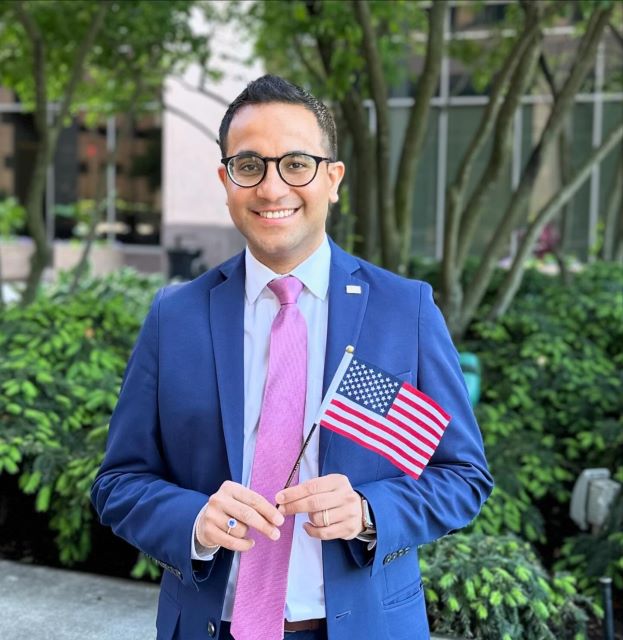
[dropcap]V[/dropcap]aibhav Jain, an activist, has been in this country for thirteen years but finally achieved citizenship this year. He wrote on social media along with happy portraits of himself: “After taking the oath of citizenship, we were reminded that, in a democracy, the highest office in the land is that of citizen. I am proud to be Citizen Jain reporting for duty in service of the United States of America. India will always have my heart and my undying love, but this country holds my destiny. I came to the U.S. with a dream. Now I make a pledge to help my adoptive country live up to its promise: liberty and justice for all.”
Jain is a gay man and one of the main reasons for leaving India was to find a more open life with rights to live his life in freedom. These issues of rights and freedoms were always important to him and even though he did not have the right to vote in America, he did everything to make the community around him better and to ensure these fragile rights would always be protected. He worked as a tireless activist for the AAPI community and has seen the future become so much brighter with activism and legislation.
Back in 2018, Jain met President Joe Biden at an AAPI celebration in the White House and got to shake hands with him. “My name is Vaibhav Jain. I’m a green card holder, not a citizen, but I fought for your campaign and presidency.”
Biden gave him a fist bump and told him he was proud of him, and that memory has stayed with Jain – the fact that the person in the highest office in the country was accessible to him, an immigrant who still didn’t have many rights: “It was a very reflective experience.”
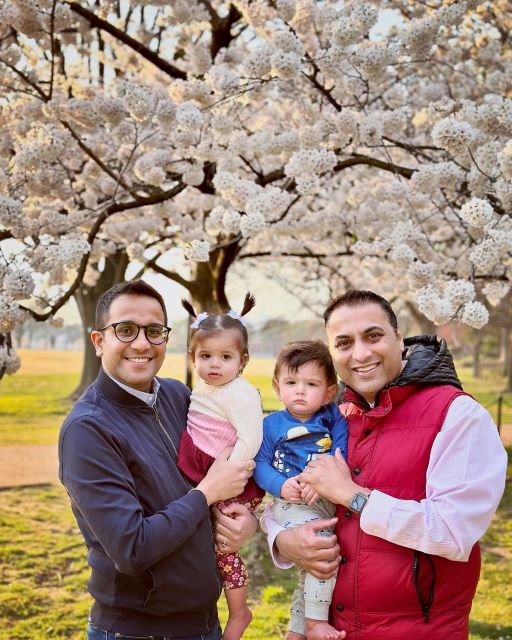
[dropcap]J[/dropcap]ain met the love of his life, Parag Mehta, and got married to him in 2017 in a big Indian marriage with the blessings of family and friends. Last year they had a boy and a girl by surrogacy and are now devoted parents. For Jain and Mehta, voting in this election – Jain’s first – is more important and more urgent than ever because so many of the issues that affect their lives are on the ballot.
In 2015, the Supreme Court ruled that same-sex marriage was legal and in 2022, the voices of ordinary people won. Same-sex marriage was affirmed by the Supreme Court, passed by majorities in Congress, and signed into law by President Biden.
Now Jain also votes for the rights still to be won for trans people because rights given can also be taken away by a different government so one has to remain vigilant and work to extend those rights to others. Jain’s advocacy and activism for the AAPI community started in 2020. He recalls, “ I wasn’t a citizen at that time, but I realized that citizen or not, this election was going to be consequential for every single individual living in the United States and their destinies and their futures.” He joined the campaign as a full-time volunteer and was buoyed to see President Biden finally sign the COVID-19 Hate Crimes Act, which was a legislative attempt to protect AAPI’s against racial violence they were experiencing amidst the pandemic.
When Jain was still a newbie in America, he urged his friends, “I don’t have the right to vote in this country yet. But if you want me to live, work, love and prosper in this country, please go vote today! Vote as if your rights and my rights depend on it.” He asked them to vote for the issues affecting LGBTQ, trans, immigrants, women, people of color, the environment and peace – and vote against hate, racism, homophobia, Islamophobia, misogyny, gun violence and war.
He believes if voters were to follow this simple rule of thumb in the voting booth, it would equate to ‘A Better World’.
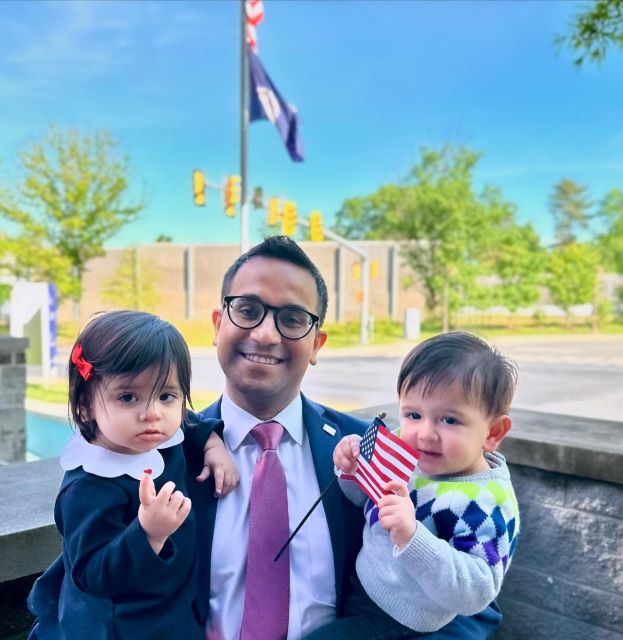
- This story was produced as part of the 2024 Elections Reporting Mentorship, organized by the Center for Community Media and funded by the NYC Mayor’s Office of Media and Entertainment.
- In Jackson Heights: A Wishlist for the Future
